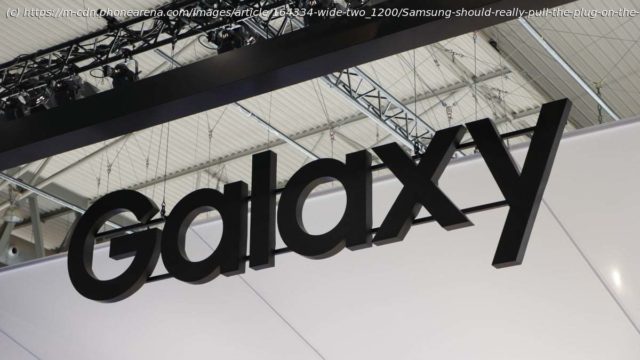Which is the better one: an iPhone 16 Pro Max, or the Galaxy S24 Ultra? Or, perhaps, the Pixel 9 Pro XL? In contrast, could it be that the best smartphone today is some exotic monster, like the OnePlus 13, or the Honor Magic 7 Pro? We’ll have none of that today.
Which is the best one: an iPhone 16 Pro Max, or the Galaxy S24 Ultra? Or, perhaps, the Pixel 9 Pro XL? In contrast, could it be that the best smartphone today is some exotic monster, like the OnePlus 13, or the Honor Magic 7 Pro?
We’ll have none of that today. No specs, no camera comparisons, no battery life slanders and certainly no gladiator chipset fights.
However, we’ll still be talking about all the aforementioned devices – plus many, many more.
The name of the game (pun intended) today is… phone namings. Monikers. Officials titles, tags, and labels.
Maybe it’s the minimalist in me, but I like shorter, punchier, overall tight monikers. Like: iPhone 14. Or: OnePlus 12. It just rolls off the tongue so much more natural than, let’s say, „Oppo Find X7 Ultra“. What a tongue twister! However, the latter packs the best camera set (for my needs) and I can’t ditch it for a sweeter-sounding device. I’m stuck with it.
I’m a huge fan of the way Samsung has decided to name its S-line flagships in recent years. In 2024, it’s the S24, next year (2025), it’ll be the S25. Get it?
One thing I find extremely unnecessary is the „Galaxy“ part, though. Nobody calls the Galaxy S24 Ultra the „Galaxy S24 Ultra“, or at least too many people. Here, in the real world, we call it just the „S24 Ultra“. Like the „S20“, or the „S23 Plus“.
That’s why I’m halfway glad that Samsung could be ditching the „Galaxy“ naming:
As you see, Samsung is reportedly exploring a new branding strategy that could introduce a separate name for its premium Android phones, potentially moving away from the (boring) „Galaxy“ label that debuted in 2009.
This shift could affect Samsung’s most advanced S-line models by distinguishing them from its wide range of Galaxy devices, which span from budget to flagship tiers. The report suggests that separating its high-end phones under a unique brand could help Samsung compete more directly with Apple’s consistent, premium-focused iPhone lineup.






